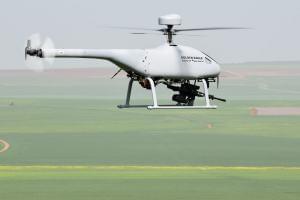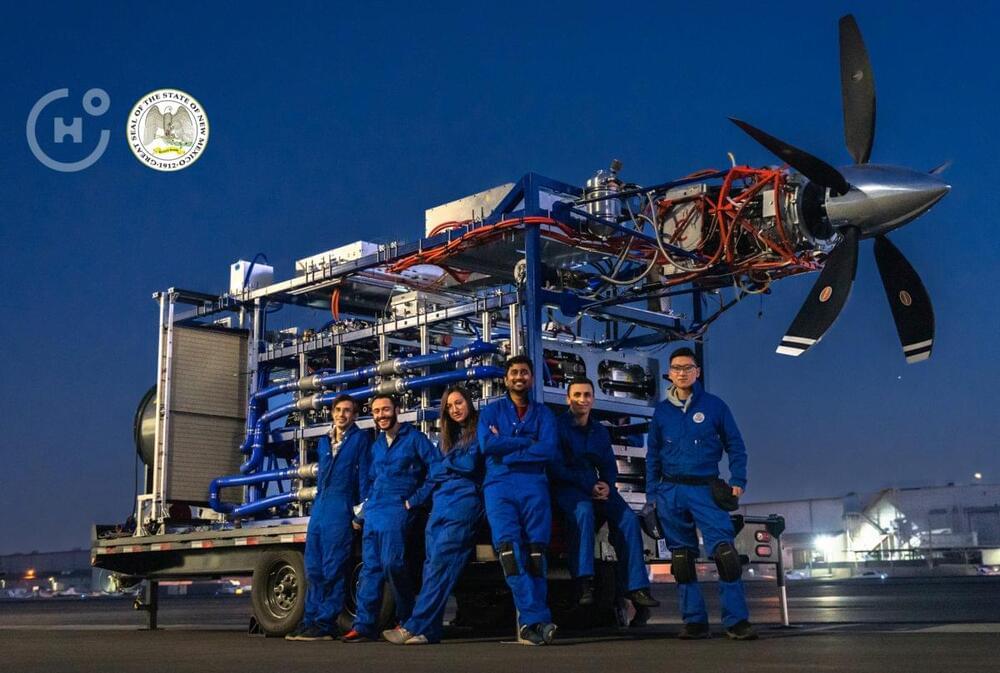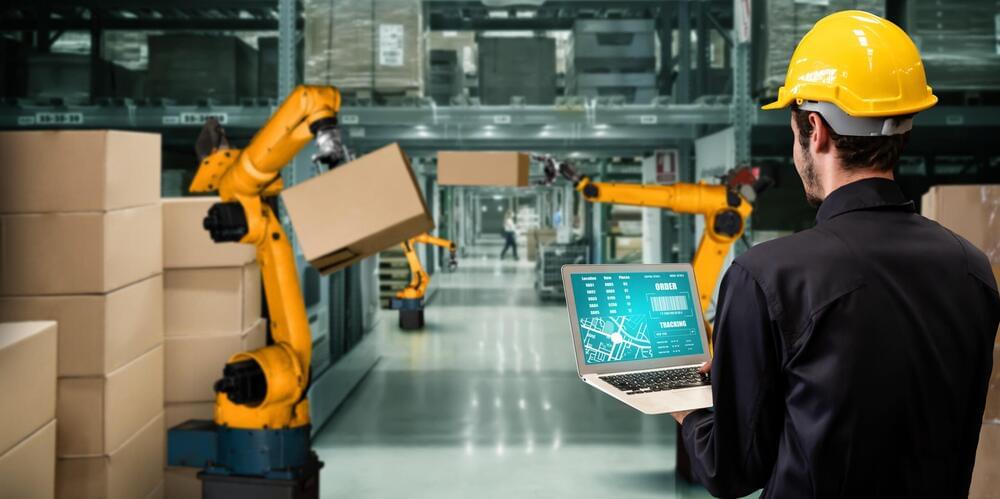Steadicopter, a leader in the Rotary Unmanned Aerial Systems (RUAS) industry, and Smart Shooter, a world-class designer, developer, and manufacturer of innovative fire control systems that significantly increase the accuracy and lethality of small arms, have unveiled the Golden Eagle — the first-ever unmanned helicopter with precise hit capabilities. The two companies will present the solution at the ISDEF exhibition in Tel Aviv.
Based on the combat-proven Black Eagle 50E platform, the Golden Eagle incorporates AI-based technology and Smart Shooter’s SMASH Dragon system. The AI-based technology enables superior situational awareness and autonomous multi-target classification and tracking. The SMASH Dragon, a remotely-operated robotic weaponry payload, locks on the target, tracks it and ensures precise target hit. SMASH Dragon integrates a unique stabilization concept with proprietary target acquisition, tracking algorithms and sophisticated computer vision capabilities that allow accurate hitting of static and moving targets while mounted onto the Golden Eagle.
“Using artificial intelligence, the new system provides a field combat solution for the modern battlefield. Forces on the ground can now send a helicopter for autonomous intelligence gathering into the relevant area and, having identified and classified the targets, send in another helicopter with precise attack capabilities.”
Dr. Abraham Mazor, VP Marketing & Business Development at Smart Shooter: “Using AI, computer vision and advanced algorithms, Smart Shooter’s SMASH technology enhances every mission effectiveness through the ability to accurately engage and hit ground, aerial, and naval, either static or moving targets during both day and night operations. Our SMASH Dragon lightweight robotic weaponry payload can be deployed on different unmanned aerial platforms, and we are honored to collaborate with Steadicopter and jointly offer the Golden Eagle RUAS.”








